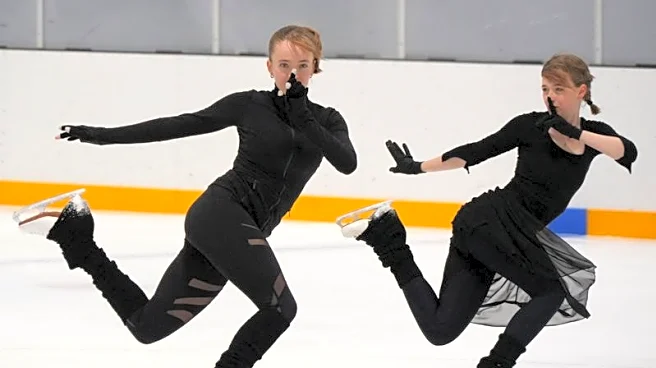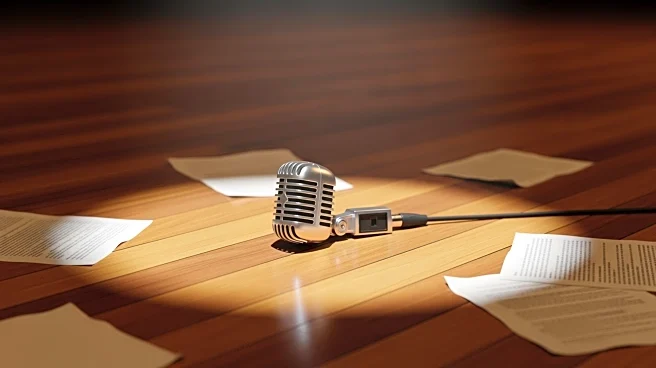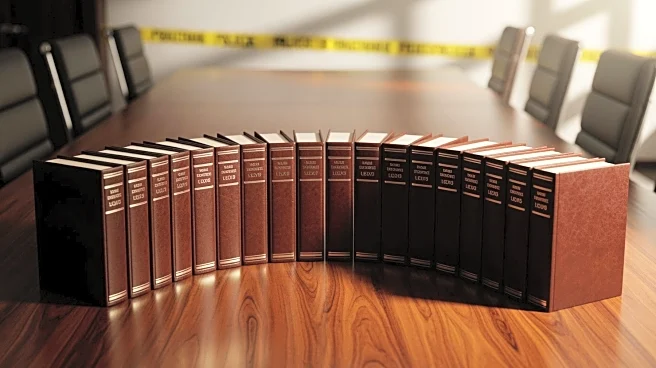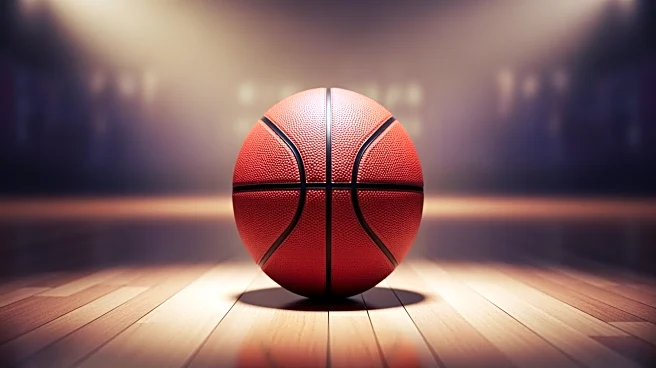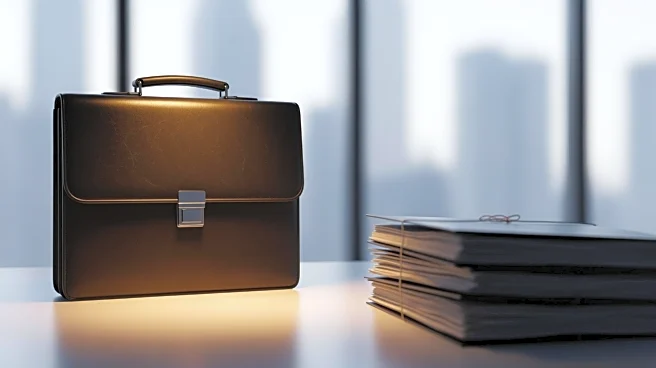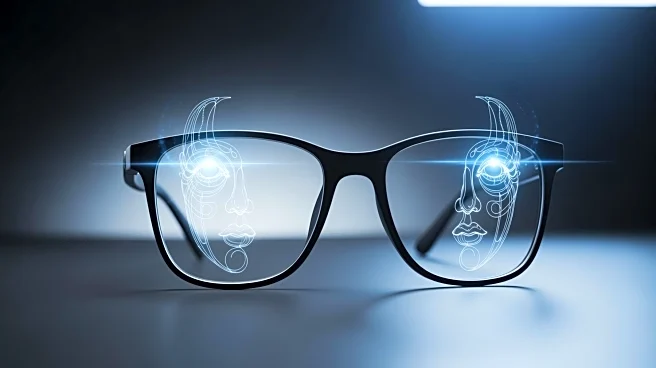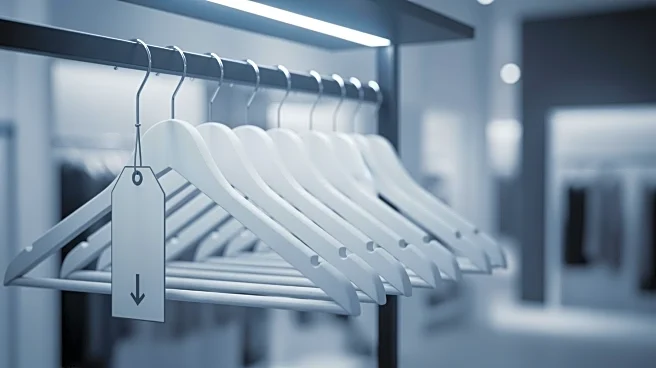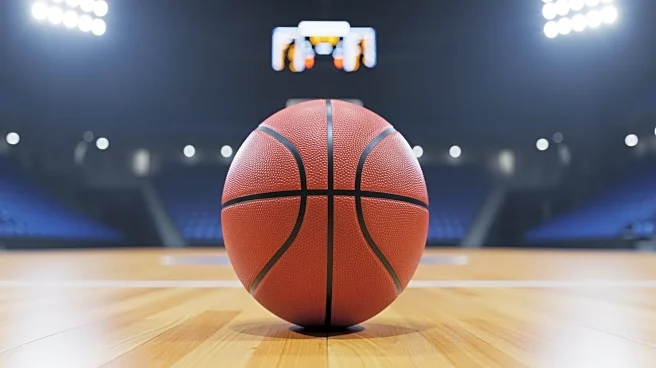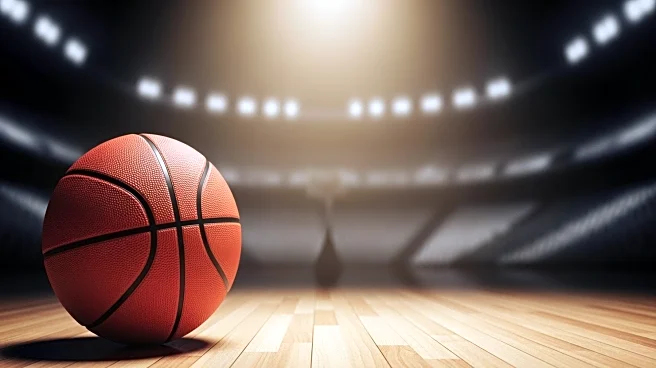By Anne Kauranen and Lori Ewing
HELSINKI (Reuters) -Two young women are set to become Finland's first same-sex ice dancing team after a landmark rule change by the country's skating federation, paving the way for greater inclusivity in the sport.
19-year-old Emma Aalto of Finland and 20-year-old Millie Colling of England will compete together in Finnish domestic competitions following a revision to the federation's rules, which now refer to ice dancers as "Skater A" and "Skater B" instead of "man"
and "woman". The change was made earlier this year after the duo submitted a request to compete together.
"Now we are allowed to compete in domestic events in Finland... We're the first and only junior level team to do that," Colling told Reuters.
The move was inspired by Skate Canada's 2022 decision to eliminate gender requirements for national-level ice dance teams. Aalto and Colling hope the international skating community will follow suit.
"We hope that maybe change will happen just gradually, maybe," Colling said.
"We have dreams," Aalto added.
However, no international rule change is currently planned. Former ice dancer Kaitlyn Weaver, a three-time world medallist and member of the International Skating Union's Ice Dance Technical Committee, said the issue had been discussed but not formally proposed.
"We have to treat this in a way where there's an education piece, there's an understanding, as opposed to putting it forward and then it getting shot down," Weaver said.
She added that the global political climate, including Donald Trump's re-election as U.S. president, has made progress more difficult.
"My concern really is, as the world is shifting into a more conservative – and it's not just happening in the States, it's happening around the world in certain places – my number one priority is safety of the athletes," she said.
Aalto and Colling met two years ago while skating solo and quickly became close friends.
When former Olympic ice dancers Madison Hubbell and Gabriella Papadakis, the 2022 Beijing Games gold medallist with Guillaume Cizeron, joined forces for a gala performance to advocate the acceptance of same-sex partnerships in competitive figure skating, Aalto and Colling thought they too could spread the message.
"I was like, oh, this is amazing. I hoped one day maybe this will be possible," Colling said.
Aalto, who started skating at five, had previously skated with male partners but struggled to find a new one before teaming up with Colling.
"For one man, there's like, I don't know, three hundred women wanting to skate with that man. And there is this power imbalance," she said, referring to male skaters being so scarce.
"And it's not only your skills as a skater that matter, it's also your height, weight, appearance, and geographics where you live," she added.
With ice dancing focusing on interpretation of music and precise footwork -- rather than acrobatic elements such as jumps, throws, and lifts that are the main features of pairs skating -- many people believe the discipline is well-suited for same-sex competition.
"There isn't a huge physical advantage to being a man," Colling said.
Weaver, who works as a choreographer and still skates with competitive partner Andrew Poje in shows, added: "We are in this Venn Diagram of sport and art."
Weaver also praised Aalto and Colling for sharing their journey online "to normalise it".
"The examples that are present are only furthering the case for a need for this change," she said.
(Reporting by Anne Kauranen in Helsinki and Lori Ewing in Manchester, editing by Pritha Sarkar)
